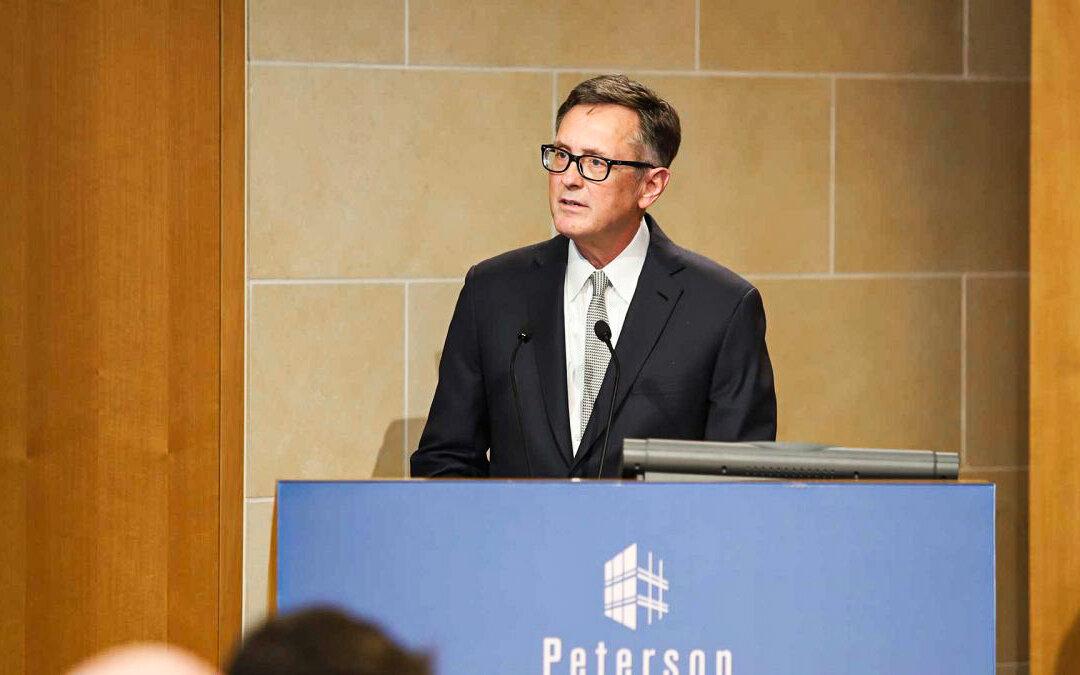Federal Reserve Vice Chairman Richard Clarida said on Nov. 8 that inflation this year has been far higher than the Fed expected, and while he still believes inflationary pressures are transitory and will dissipate “over time,” a longer run of elevated prices would amount to a policy failure on the part of the central bank.
Clarida made the remarks in a speech at a virtual symposium on monetary policy frameworks hosted by the Washington-based Brookings Institution.





